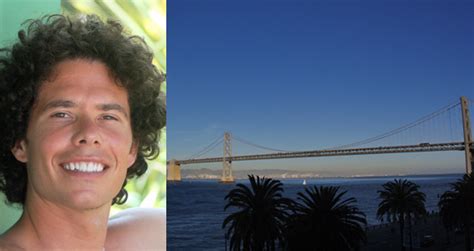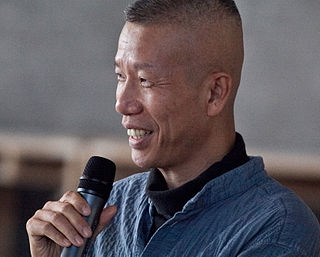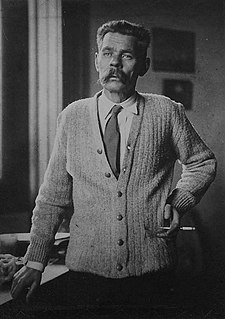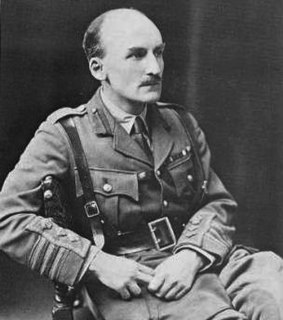A Quote by Uzodinma Iweala
Many great novels have shown a world torn to shreds by the brutality of war. To do so, their authors ground their texts in the details of destruction and decay.
Related Quotes
He who joyfully marches to music in rank and file has already earned my contempt. He has been given a large brain by mistake, since for him the spinal cord would fully suffice. This disgrace to civilization should be done away with at once. Heroism at command, senseless brutality, deplorable love-of-country stance, how violently I hate all this, how despicable and ignoble war is; I would rather be torn to shreds than be a part of so base an action! It is my conviction that killing under the cloak of war is nothing but an act of murder.
I guess even the prettiest things eventually end up stinking. Everything does. We all will die and rot and decay and be reborn as dirt or flowers or worms, or polar bears who will drown because their ice is all melting, or presidents of war-torn countries, or whales swimming around acidifying seas. And then we will rot and decay again. And so it goes.
In Pakistan, many of the young people read novels because in the novels, not just my novels but the novels of many other Pakistani writers, they encounter ideas, notions, ways of thinking about the world, thinking about their society that are different. And fiction functions in a countercultural way as it does in America and certainly as it did in the, you know, '60s.
There is a myth that the New Deal programs on their own pulled the US out of the Great Depression and created the conditions for the economic boom after World War II. As an economist, I can tell you, that is not true. In reality, it was mainly World War II that launched the boom - the massive war mobilization, the horrifying destruction and death caused by it, and then the reconstruction in its aftermath. he US was the only advanced capitalist country that was not bombed during the war.
For me it's really important that the work here displays an aesthetic of decay along with the sunken boat with the broken ceramic pieces. They form a unity in showing the power of destruction, the beauty of destruction, whether it's from nature - because the boat has sunk - or through other forces. It's really the beauty of decay and death that holds a power here.
Many of the principle weapons that the Nazis used during World War II had their first trial in combat in Spain - the Messerschmitt 109 fighter plane for example, the Stuka dive bomber, the 88 millimeter artillery piece, which could be used both for antiaircraft purposes and also shelling on the ground. And American soldiers were the victims of these things in Spain, American volunteers. So this war was really a testing ground for Hitler. And he learned a great deal from it about the strengths and weaknesses of these different weapons.
Jackson possessed the brutality essential in war; Lee did not. He could clasp the hand of a wounded enemy, whilst Jackson ground his teeth and murmured, 'No quarter to the violators of our homes and firesides', and when someone deplored the necessity of destroying so many brave men, he exclaimed: 'No, shoot them all, I do not wish them to be brave.'


































